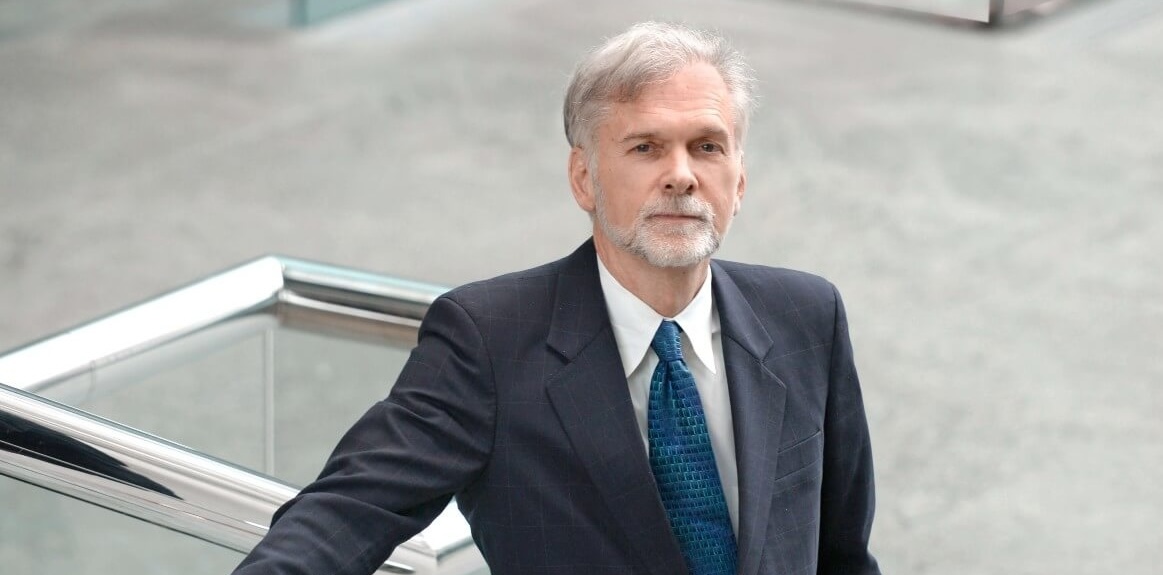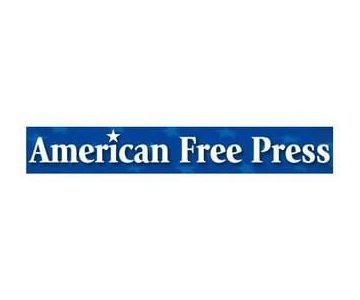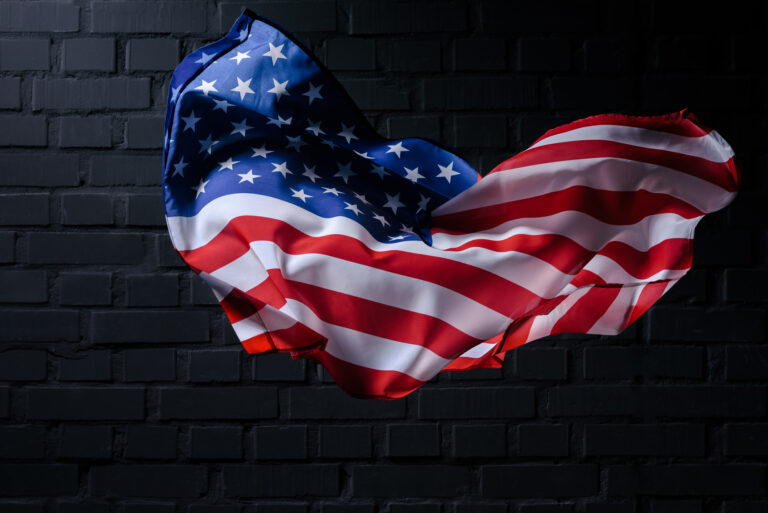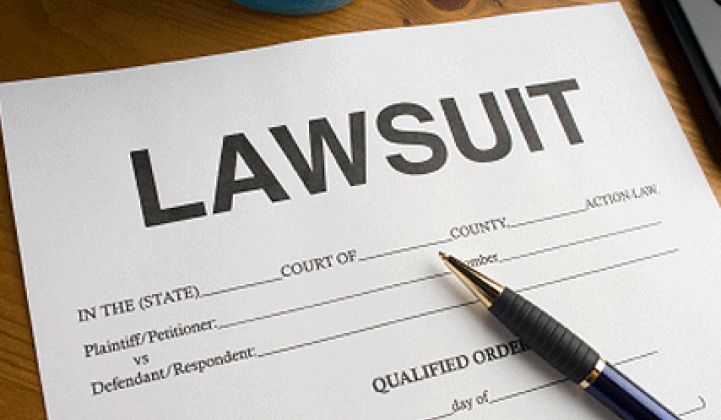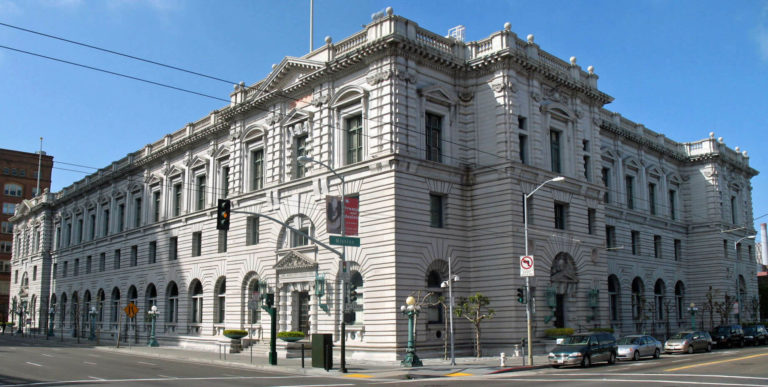FEF’s Bill of Rights Day Message and Fundraising Appeal
From Glen Allen, Esq., FEF President
We all, I hope, have heroes. Near the pinnacle in my hierarchy of heroes is a diminutive, soft-spoken man with gigantic intellect, scholarship, vision, and integrity: James Madison. Academics and a significant part of the American public recognize that Madison was the primary draftsman of the Constitution, which was written in 1787 and ratified by the States in 1788. Less well known is that Madison was the draftsman (Jefferson the inspiration) of the Bill of Rights and the driving force behind its ratification by the States on December 15, 1791. Since 1941 this date has been honored as Bill of Rights Day.
As Professor Richard Labunski explains in his book James Madison and the Struggle for the Bill of Rights, the ratification of the Bill of Rights encountered a resolute and powerful opposition at several junctures in the two-year ratification process. Ultimately the battle came down to whether Virginia would ratify, and thus pitted Madison against Patrick Henry, the fiery Patriot and governor of Virginia. Henry led the Anti-Federalists who, according to Professor Labunski, attempted to use their opposition to the proposed Bill of Rights amendments as a means to force a second Constitutional Convention. A second Constitutional Convention so soon after the 1789 Convention, however, in all probability would have meant not only the death of the Bill of Rights but of the United States as we know it. It is unlikely the new convention, brought before the new-born nation had found its footing, could have reached the concord that the 1787 convention had, especially in light of the growing animosity between the Federalists and Anti-Federalists.
A stupendous task thus confronted Madison. He rose to the occasion, despite frequent bouts of ill health. Through perseverance and his remarkable capacity for diplomatic, scholarly, and cogent argument, he was able to defeat Henry and his followers. To be sure, the support of Washington and Jefferson brought gravitas to Madison’s efforts, but he was the indispensable champion of the cause. As Professor Labunski summarized:
It is fair to say that no other person in the nation’s history did so much for which he is appreciated so little. James Madison had to overcome one obstacle after another to help give the nation a Constitution and sponsor the amendments that became the Bill of Rights . . . It is impossible to know if we would have a Bill of Rights today [without Madison’s efforts]. But there is no doubt that it was a crucial moment in the country’s history and a person of extraordinary ability was there to see that those amendments — on which so much of our freedom depends — became part of the Constitution.
It took time for Americans to see the liberty-preserving potential in the Bill of Rights. As to the freedom of speech phrase in the First Amendment, it took a long time. It was not until 1919 when Justice Holmes issued his dissent in the United States v. Abrams case and articulated his concept of a marketplace of ideas that First Amendment jurisprudence really began to develop. The process of discovering – or, more accurately, creating — the meaning of the Bill of Rights continues today. The process, to be sure, has been imperfect. There’s much to criticize, especially the often glaring gap between the magniloquent principles pronounced in the key decisions and their haphazard application to true dissidents. Yet we should not lose sight of the remarkable achievements and potential embodied in the Bill of Rights.
Above all we must be active and not stand on the sidelines when First Amendment rights are ignored or compromised. The Free Expression Foundation has endeavored to live up to this admonition, to the degree its resources have permitted. At present, FEF or its President, Glen Allen, are involved in the following important First Amendment cases, among others:
- Vigorously defending a lawfare lawsuit that essentially seeks to destroy an entire dissident organization based on the alleged actions of a few of its members
- Prosecuting an appeal to the Fourth Circuit Court of Appeals that seeks to hold the city of Charlottesville accountable for its failure to protect dissident protesters at the Unite the Right Rally
- Representing plaintiffs in a lawsuit against an antifa who fraudulently infiltrated a dissident organization and then doxxed its members
- Prosecuting an appeal for dissidents in Idaho who were convicted of conspiring to riot when they did nothing more than plan a peaceful protest at a gay pride event.
FEF is also making progress in its goal of training a new generation of lawyers to litigate First Amendment cases. It has a promising legal intern on its staff and is in contact with several other law students who would like to work for FEF, if it had the resources to employ them.
I’m all too aware of the many worthy requests for donations that persons who support honorable causes receive. If your circumstances permit, however, please consider a donation – tax deductible – to the Free Expression Foundation. https://freeexpressionfoundation.org/. I promise your donation will be used honestly, effectively, and in the freedom-loving spirit of James Madison.
My best to you all!
Glen Allen

